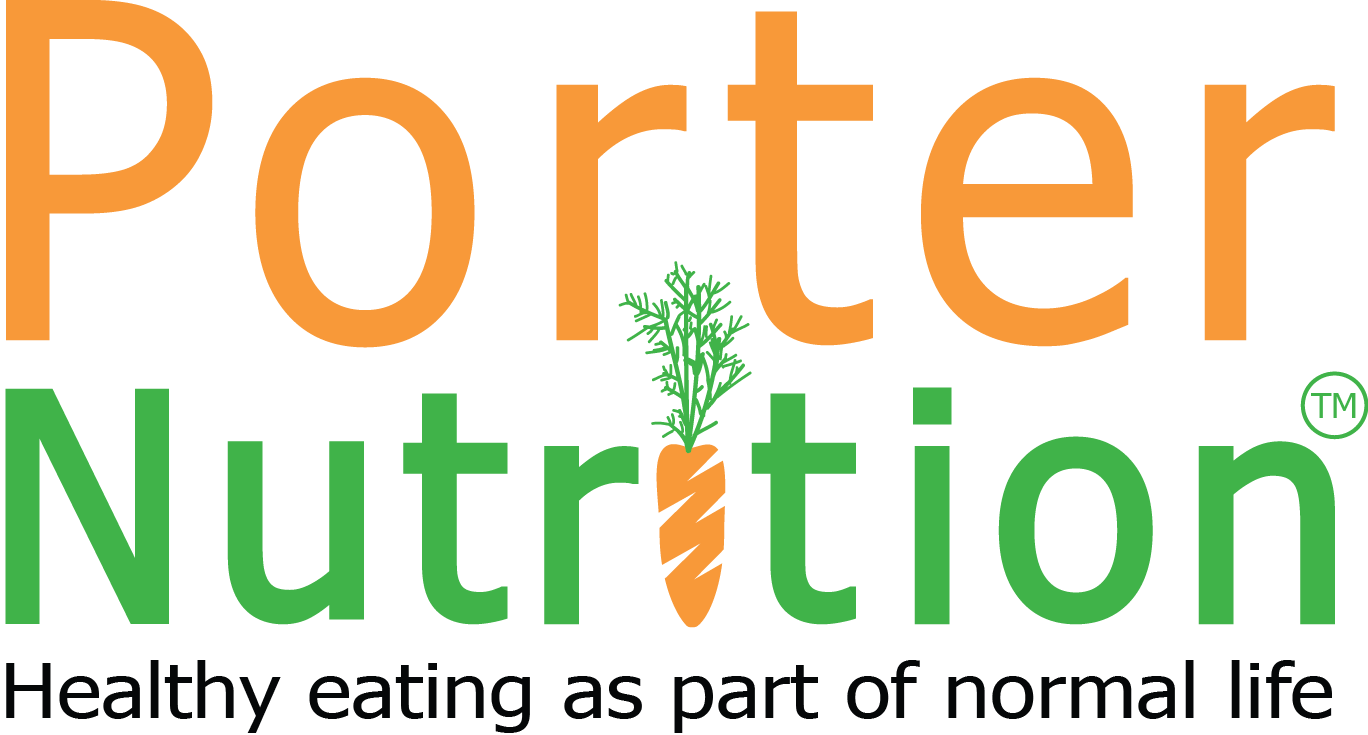Today sees the launch of the World Cancer Research Fund/American Institute for Cancer Research. The report takes all the studies on cancer and brings them together to see what the evidence base is. It takes all the individual studies you see in the newspapers and many more and brings them together. The report is 2000 pages long!
What does the new report recommend? (directly copied from http://www.aicr.org/reduce-your-cancer-risk/recommendations-for-cancer-prevention/)
1Be a healthy weight
Keep your weight within the healthy range and avoid weight gain in adult life
2Be physically active
Be physically active as part of everyday life— walk more and sit less
3Eat a diet rich in whole grains, vegetables, fruits and beans
Make whole grains, vegetables, fruits and pulses (legumes) such as beans and lentils a major part of your usual daily diet
4Limit consumption of “fast foods” and other processed foods high in fat, starches or sugars
Limiting these foods helps control calorie intake and maintain a healthy weight
5Limit consumption of red and processed meat
Eat no more than moderate amounts of red meat, such as beef, pork and lamb. Eat little, if any, processed meat
6Limit consumption of sugar-sweetened drinks
Drink mostly water and unsweetened drinks
7Limit alcohol consumption
For cancer prevention, it’s best not to drink alcohol
8Do not use supplements for cancer prevention
Aim to meet nutritional needs through diet alone
9For mothers: breastfeed your baby, if you can
Breastfeeding is good for both mother and baby
10After a cancer diagnosis: follow our Recommendations, if you can
Check with your health professional about what is right for you
Also: Not smoking and avoiding other exposure to tobacco and excess sun are also important in reducing cancer risk.
Following these Recommendations is likely to reduce intakes of salt, saturated and trans fats, which together will help prevent other non-communicable diseases.
If you need help changing your lifestyle, do get in touch. The key thing is to make sustainable changes.
